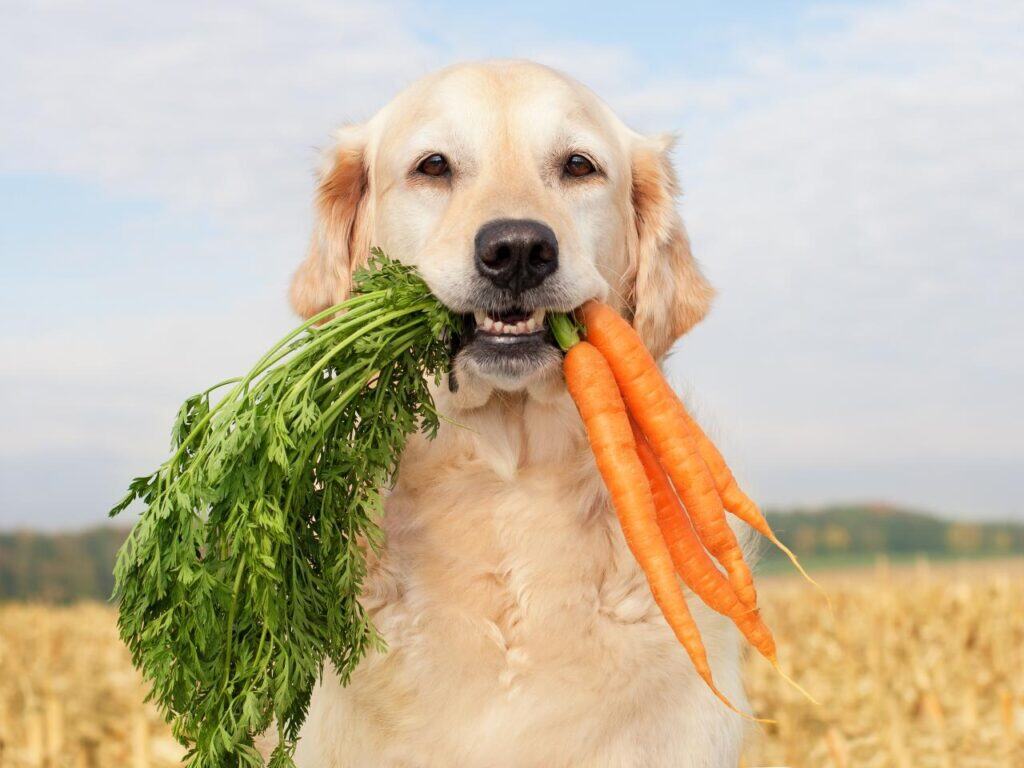Winter Weight Woes: Keeping North Bay Pets Healthy
Winter Weight Woes: Keeping North Bay Pets Healthy

When the snow piles high and the sidewalks in North Bay, Ontario, get slick, pets tend to spend more time curled up by the heater than chasing squirrels outside. While that sounds cozy, it can also lead to one of the season’s hidden challenges: winter pet weight gain. At Parkside Animal Hospital, we know that maintaining a healthy weight during the colder months is vital for your furry family members’ overall well-being.
Why Winter Weight Gain Happens
Just like people, pets often move less in the winter. Shorter days, freezing temperatures, and icy sidewalks all limit outdoor activity. At the same time, pets may still be eating the same amount—or in some cases, even more—leading to extra pounds. Overweight pets in the winter face the same risks they do year-round, such as joint strain, diabetes, heart disease, and a shorter life expectancy.
The key is to recognize these seasonal changes and make minor adjustments to keep your pet in shape until spring returns.
Winter Pet Diet Tips
Managing calories is one of the most effective ways to fight winter weight woes. A few simple diet strategies include:
- Check food portions: Pets who are less active in the winter often don’t need as many calories. Work with your veterinarian to determine the right portion for the season.
- Switch up treats: Replace calorie-dense biscuits with healthier options like baby carrots, green beans, or commercial low-calorie treats.
- Use food puzzles: Interactive feeders or slow-feeding bowls can keep pets mentally engaged while preventing overeating.
These winter pet diet tips keep nutrition balanced without making your pet feel deprived.
Keeping Pets Active Indoors
When the weather outside is frightful, indoor fun can be delightful. Pet winter fitness doesn’t have to mean long hikes through snowdrifts. Instead, try:
- Short but frequent play sessions: Toss a toy down the hallway or play tug-of-war a few times a day to burn off energy.
- Training games: Reinforce old commands or teach new tricks to stimulate both body and mind.
- Indoor obstacle courses: Use cushions, boxes, or tunnels to create a mini adventure for your pet.
Cats, too, benefit from interactive toys, laser pointers, and climbing structures to keep them moving when they’d rather nap all day.
Signs Your Pet May Be Overweight
Sometimes it’s tricky to tell if your pet has gained a little winter fluff. A quick at-home check can help:
- Feel their ribs: You should be able to feel (but not see) ribs without pressing hard.
- Look from above: Pets should have a defined waistline behind their ribs.
- Check their profile: From the side, their abdomen should tuck upward slightly, not hang low.
If you’re unsure, your veterinarian can perform a body condition assessment and provide personalized recommendations.
Working With Your Vet
Because each pet’s needs are unique, your veterinarian is the best source for advice on balancing diet and exercise during the colder months. From customized nutrition guidance to monitoring changes in weight and health, regular checkups are a key part of preventing seasonal weight gain.
Keep Your Pet Healthy This Winter
Our team is here to support you through every season of your pet’s life. If you’re concerned about winter pet weight gain or want tailored advice on nutrition and activity, schedule a wellness visit today. Ask us about our wellness plans, which make it easy to keep up with preventive care all year long. Call us at (425) 640-0318 to book your appointment and keep your pet feeling their best.
To learn how to prepare your pet for the cold North Bay winter, check out our winter pet care tips.
